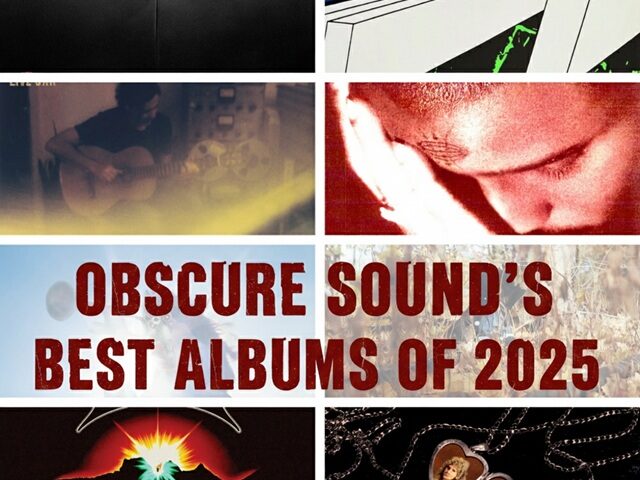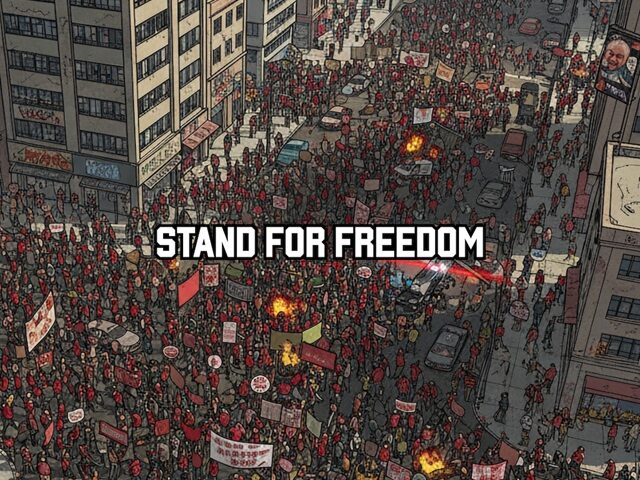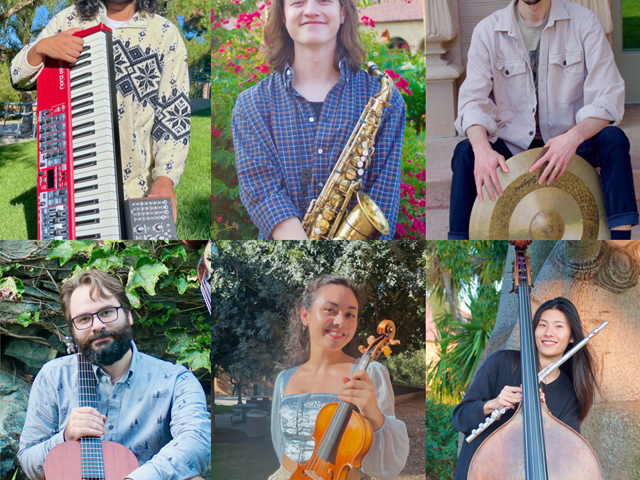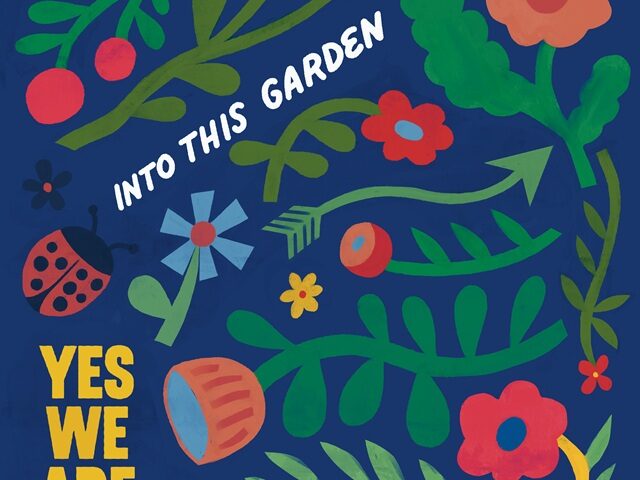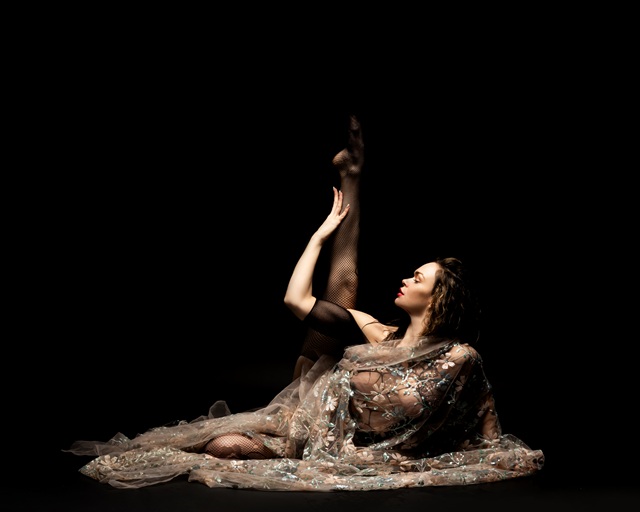
Dark-pop artist Riah chats with us about her new album The Fourth Wall and companion visual EP Reclamation — a bold, soul-stirring project that blends vulnerability, defiance, and cinematic storytelling.
Your new album, The Fourth Wall, is fantastic. Soulful, melodic, and eclectic — moving from string-laden interludes to bright pop hooks and darker R&B textures with seamless entrancement. How did you approach shaping such a wide-ranging sonic palette?
Thank you! I really wanted to explore different sounds with this album. Since I left the formal music industry, I’ve been fighting against the idea that an artist has to fit into one specific box or genre; one day a certain style will speak to me, and the next day that may look and sound completely different. I usually start my writing process by listening through instrumentals and writing to what inspires me that day. That’s how this album was born, so the variety was created very organically.
Across the record, there’s a strong push and pull between vulnerability and empowerment. How do you tap into those contrasts when writing?
Duality is a huge theme in my music…and in my brain, haha. Over the last few years in therapy, I’ve been heavily exploring the fact that I (and people in general) can hold multiple feelings and thoughts at the same time. So the duality you hear in my music is reflective of my life. I am strong, confident, and empowered, but I also struggle on a daily basis. That duality shows up in every area of my life, and I want that experience to come across in my lyrics.
The Reclamation visual EP adds another dimension, bringing the music to life through striking imagery and storytelling. What was most important to you in translating these songs into visual form?
Oh gosh…it’s hard to choose one thing. I think one of the hardest – AND most important – aspects was the visual evolution throughout the video. Having the symbolism of the rope and the candles in every segment, for example. The different segments represented the props very differently, and every aspect of each segment (lighting, scenery, filming style) was meant to convey a specific mood. That evolution can be representative of the duality of human nature, but also as a story of personal evolution over time.
You worked with a number of collaborators on this project. What qualities were you looking for in your creative partners, and how did they help bring your vision into focus?
The collaborations happened VERY naturally. I had a vision for each song and each video, and for each of those pieces I knew immediately who I wanted to feature. Luckily for me, they are all incredible artists and the songs and videos turned out even better than I could have hoped.
One of the EP’s most striking moments is “Sacrilege,” which brims with intensity and confrontation. What inspired that track, and what did it mean to you to bring it to life visually?
“Sacrilege” was actually sort of a late addition to the album. I had recorded and mastered the rest of it, and just felt like something was missing, so I started looking through instrumentals I could purchase. As soon as that beat came up, I knew it was ‘the one.’ The song is a very deliberate representation of my confident, sexy side, as well as a playful jab at the oppressive nature of organized religion. The video was powerful for many reasons, one of which was the way the red rope was represented. Showing me in control of it and using it for my own pleasure and amusement was a big moment in the video and represented (to me) the different shapes that trauma can take on.
“Talk to Someone” carries a very different energy, with its openness about anxiety and connection. How did writing and filming that one affect you personally?
That one was really fun to write, and a total PITA to record, to be honest! Haha. I knew I wanted to open the album with an intimate moment between me and the listener. Breaking ‘The Fourth Wall,’ so to speak. The song has upwards of 35 vocal tracks, I believe, and I was sort of creating the a cappella background harmonies as I went, so it took a long time to get ‘right.’ Filming it was really fun, and a very simple process. I didn’t want a lot of shots…I wanted a clean, simple aesthetic that allowed the lyrics to be heard. I think we nailed it!
Looking ahead, what do you hope listeners carry with them after spending time with The Fourth Wall and Reclamation?
I hope listeners are inspired to be more open and vulnerable with themselves and with those around them. We are complex beings living in a very tumultuous time. There’s a lot of pressure to just push through. I hope the album encourages everyone to slow down and be honest about who they really are and what they really feel beneath the day-to-day chaos.
Do you have a specific process or ritual when creating new music?
It can vary a bit, but generally speaking I have a starting concept or maybe even a single lyric that I feel inspired to write about, and that’s the kicking off point. There are a LOT of marketplaces now where artists can find instrumentals to purchase (exclusively or not) from different producers around the world, so after the initial inspiration I like to look for instrumentals that I can write to. I usually record my own vocals at home, and then I send off the song to my mixing engineer in California. There are definitely exceptions to that process (for example, ‘Stand By You’ on the album was created mostly from scratch with the musicians), but that is pretty par for the course.
If you could collaborate with any artist, alive or dead, who would it be?
Beyonce. I have been watching her and listening to her since I was a kid. She makes everything look so effortless. I would DIE if I ever got to work with her.
What is the biggest challenge you find in today’s music industry?
Well, I don’t know if I’m the right person to ask, since I’ve been a bit of a music-industry rebel for several years now. BUT I think one of the biggest challenges for a lot of artists is the lack of lucrative opportunities. I had to take several years off of music and build my career and business to a point that I could fund everything myself; however, a lot of artists don’t or can’t take that path. I don’t think people realize that music (and everything that surrounds it) is very expensive and the opportunities to really make money as an artist are few and far between. Many artists have gotten into predatory situations because of this dynamic. It’s unfortunate.
What’s on the horizon next for the project?
I’d like to do a full collab album, actually. I’ve been listening to a lot of Not a Toy and Brokin Paper, and been getting really inspired to write an alt. electronic / NIN-style album. My brooding teenage self would be proud!!!


